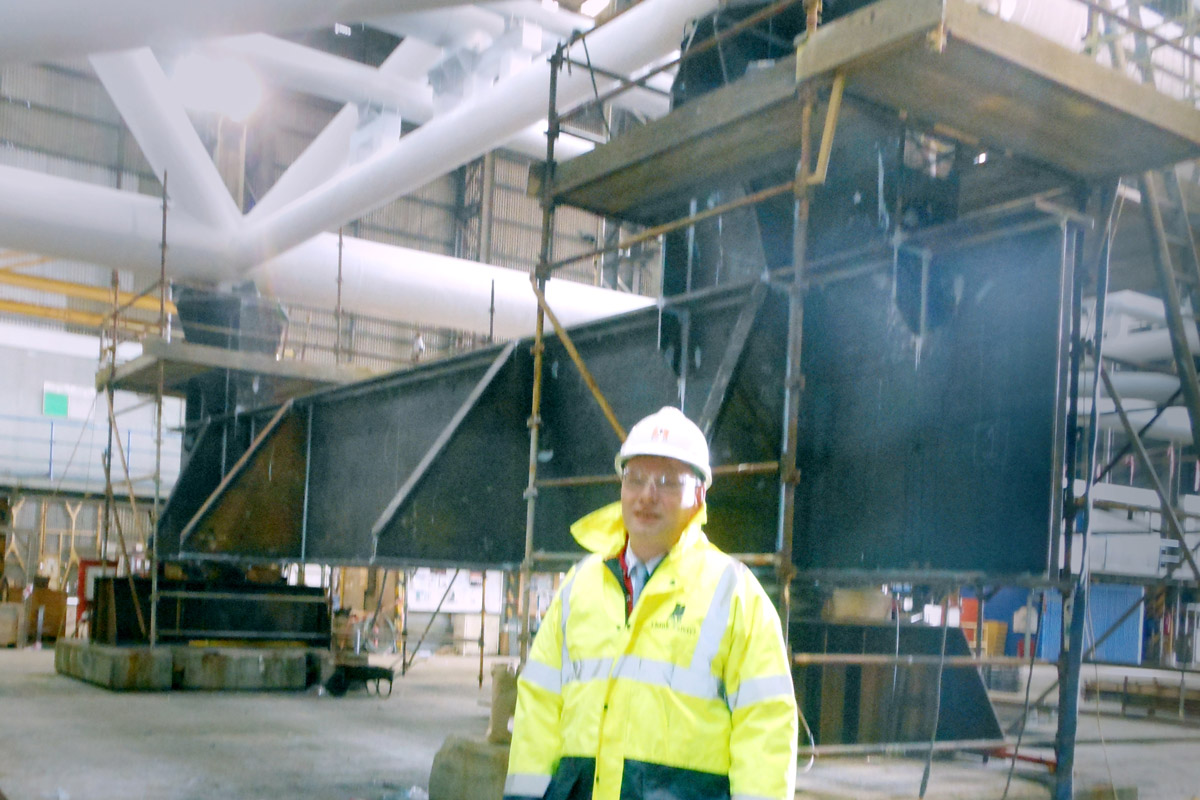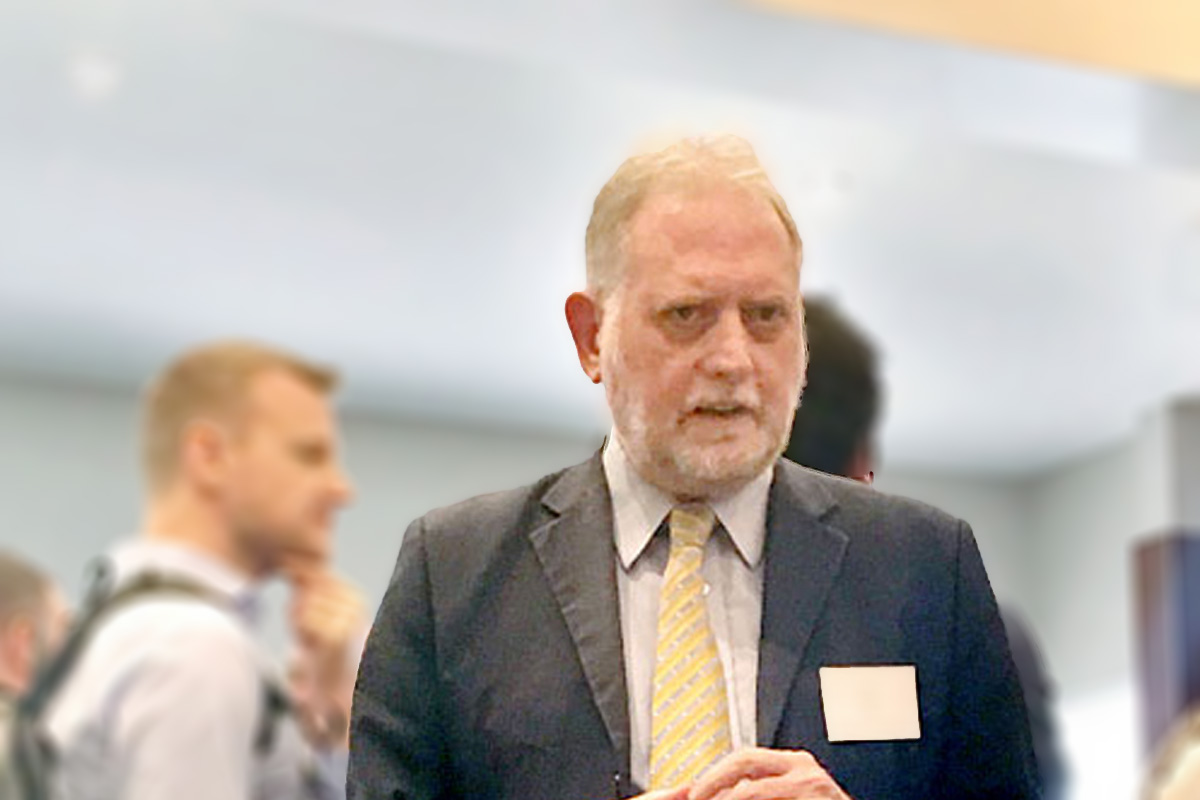Scotland has around the same population as New Zealand and like New Zealand, the metal fabrication industry has benefited from oil and gas, especially those located close to the oilfields of the North Sea.
A large amount of fabrication was needed during the establishment phase of the industry, then ongoing upgrades, maintenance and expansions. With part of the industry now winding down there is still work for some companies involved in the decommissioning activities, but the wise fabricators are looking elsewhere for opportunities.
Burntisland Fabrications Limited, locally known as BI Fab is one of these companies. Located across three sites, two in Fife, a stone’s throw from Edinburgh and one in the western Islands, each site has particular capabilities.

In response to customer demands they have environmental, health and safety and quality certifications and each have their own marine loading facilities.
BI Fab has been involved in manufacturing wave and tidal energy devices for the emerging marine energy industry and see this as a significant opportunity area for the future. When asked about how they would handle the transition from producing one off items to volume production, their Continuous Improvement Manager Robert Lloyd said they had recognised the need to produce differently and were moving towards a process where different components would be made in volumes at different sites and then bought together for assembly and that unlike previous practices where a crew would follow the construction from beginning to end, now they may only see their small part of it.
In this way they hoped to significantly reduce costs which were the main need of the industry as it goes through the same transition from idea to actuality that the wind industry did. He also said that while changing their processes to cope with volume production would deliver some savings, the big savings were likely to come from being involved with companies at the design stage.
Robert said that many marine energy device developers had come from academia and were not always familiar with value engineering. While not abandoning their oil and gas work and other industries they service, they are preparing for the future; an excellent lesson for New Zealand fabricators.
